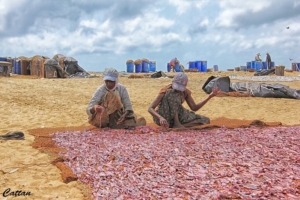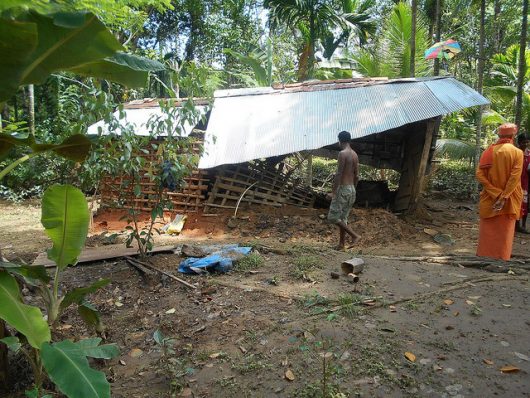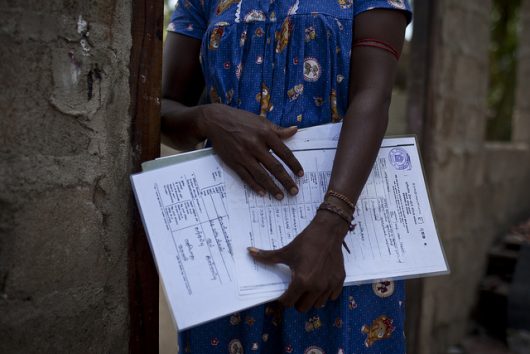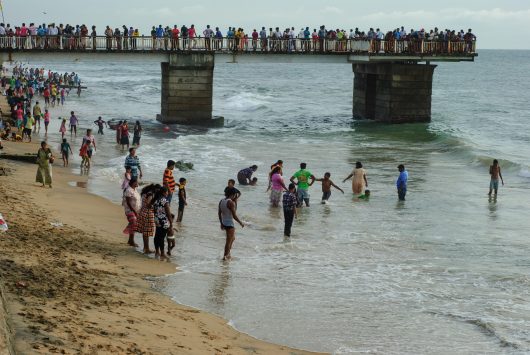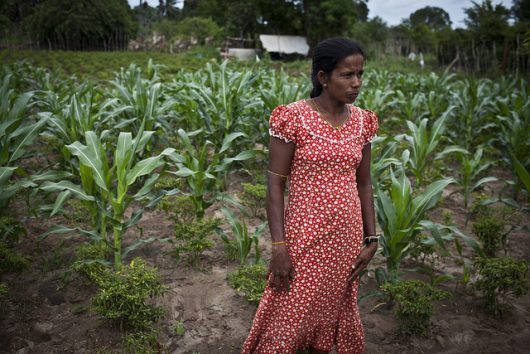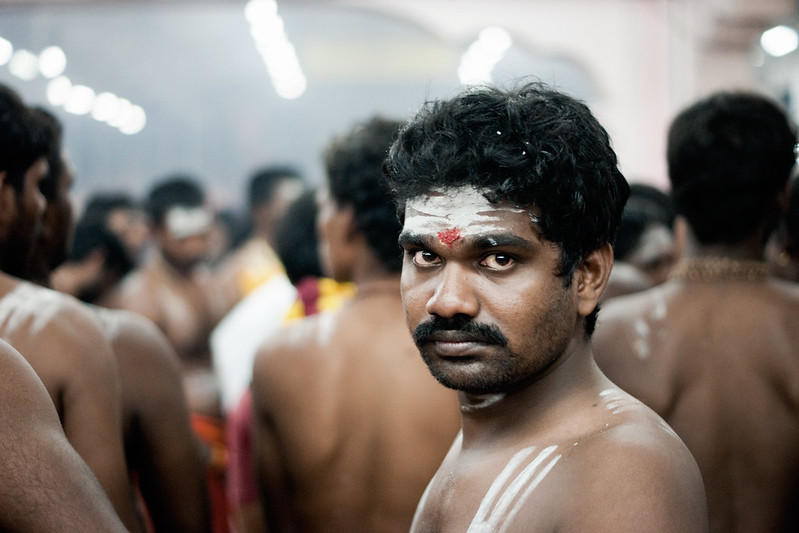 Tamil refers to both a language and two minority ethnic groups in Sri Lanka. The “Sri Lankan Tamils,” who migrated from South India as far back as the fifth century Before Common Era (BCE) and the “Indian Tamils,” who are descendants of laborers brought to the island by the British during colonial times. Both groups have formed communities primarily in the northern and eastern parts of the island.
Tamil refers to both a language and two minority ethnic groups in Sri Lanka. The “Sri Lankan Tamils,” who migrated from South India as far back as the fifth century Before Common Era (BCE) and the “Indian Tamils,” who are descendants of laborers brought to the island by the British during colonial times. Both groups have formed communities primarily in the northern and eastern parts of the island.
At the fall of the British Empire, many Tamils found themselves stateless under the Citizenship Acts of 1948-49 and promises made by the Indian government to confer citizenship upon 600,000 Tamils were not fulfilled. Minority Rights Group, an NGO working with indigenous people around the world, states that, by the year 2000, about 300,000 Tamils were still stateless.
This situation and a desperation to be treated equally, both socially and politically, has resulted in severe conflict since the fall of the British Empire. The Sri Lankan Civil War was fought from 1983-2009 in which the political group Liberation Tigers of Tamil Eelam or the Tamil Tigers, fought to create an independent Tamil state but were defeated after thousands of deaths on both sides. The result has been the continued oppression and marginalization of Tamils in Sri Lanka.
What Is the Current Situation?
In September 2023, nine different human rights groups, including Amnesty International and Human Rights Watch, published an open letter criticizing the Sri Lankan government’s proposed National Unity and Reconciliation Commission. They wrote that the commission was unlikely to achieve any meaningful change for minority groups, asking instead for the government to recognize the widespread discrimination and inequalities Tamils still face.
Human rights groups in recent years have deeply criticized the 1979 Prevention of Terrorism Act (PTA), with the Guardian calling it “a stain on Sri Lanka’s human rights record” as it enables the arrest, forced confessions and torture of anyone suspected of terrorism. In 2020, the Human Rights Commission of Sri Lanka reported widespread torture and excessive use of force by the police. Additionally, more than 130 Tamil politicians and activists were documented to be in detention despite government denials. The government argued that these individuals were imprisoned for violent crimes. In 2022, Amnesty International reported that Muslims and Tamils are disproportionately affected by the PTA in Sri Lanka. This situation highlights ongoing concerns regarding human rights issues, particularly about Tamils in Sri Lanka.
What Progress Is Being Made Today?
Despite this, various groups throughout Sri Lanka and the world have been fighting for Tamil rights and the Tamil Rights Group (TRG) is taking steps to hold the Sri Lankan government accountable for their actions against Tamil people. In December 2023, TRG engaged in in-person discussions with the International Criminal Court (ICC) in the Netherlands. The discussions centered on crimes against humanity, particularly the persecution of Tamils and the role of the military, exploring potential legal actions.
A follow-up submission is currently being prepared to continue addressing these critical issues. In a statement about the meeting, TRG emphasizes its commitment to “pursuing all available legal avenues to hold the Sri Lankan state and individual perpetrators accountable.” This holds the promise of legal change for Tamils, shedding light on their plight and potentially advancing justice for the affected communities.
Final Remark
The end of 2023 saw a rise in global awareness and recognition of the crimes committed against Tamils. This will likely lead to tangible changes that may address the plight of those most affected.
– Alice Brayford
Photo: Flickr
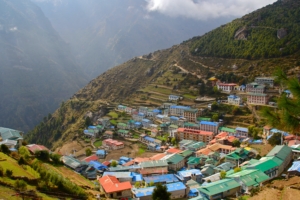 U.K. aid aims to tackle the global challenges of today, including
U.K. aid aims to tackle the global challenges of today, including 